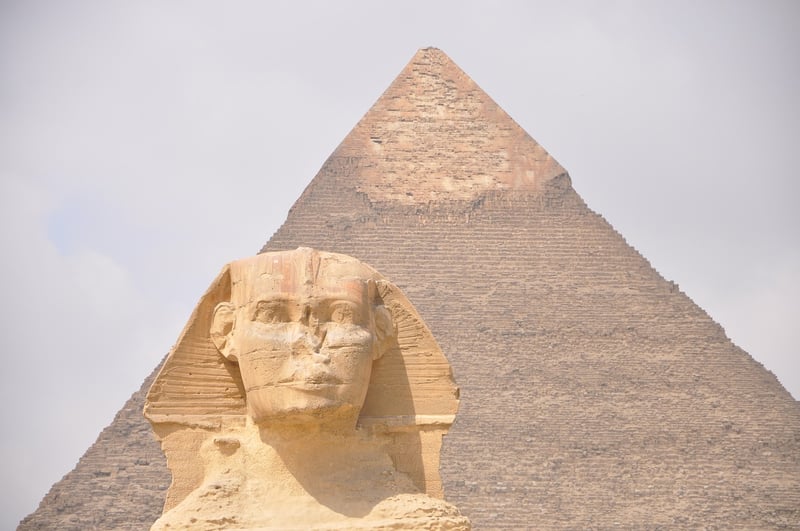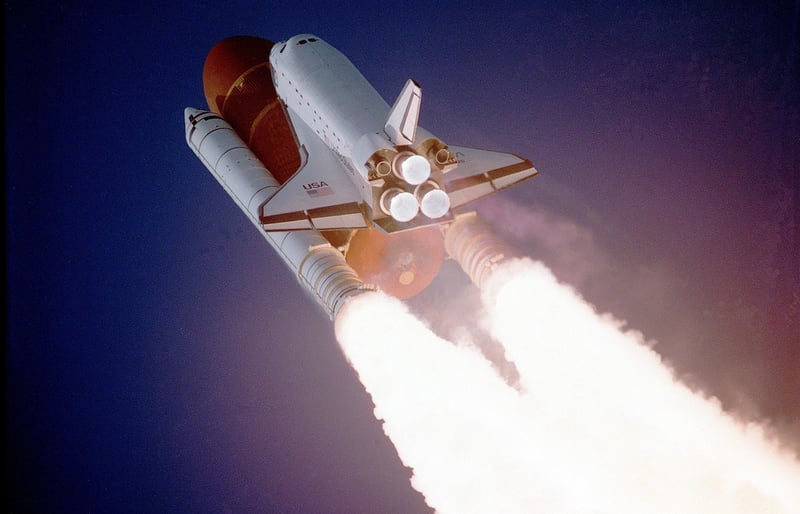Future Exploration
Exploring Different Eras and Future Exploration
Introduction
Exploring different eras and future exploration has always been a fascinating subject for mankind. From ancient civilizations to modern space exploration, humans have always strived to discover the unknown. Let's delve into the various eras of exploration and what the future holds for mankind's quest to explore beyond our current boundaries.
Ancient Exploration
Ancient civilizations like the Egyptians, Greeks, and Romans were early pioneers of exploration. They ventured into unknown lands, discovered new territories, and traded with distant cultures, laying the foundation for future exploration.

Age of Discovery
The Age of Discovery in the 15th to 17th centuries saw European explorers like Christopher Columbus, Vasco da Gama, and Ferdinand Magellan sail across the seas, mapping new lands, and connecting civilizations. This era marked a significant leap in global exploration.

Space Exploration
With the launch of Sputnik in 1957, the era of space exploration began. Humans landed on the moon in 1969 during the Apollo missions, and robotic probes have visited every planet in our solar system. Space agencies like NASA and SpaceX continue to push the boundaries of space exploration.

Future of Exploration
The future of exploration holds exciting possibilities. With plans for Mars missions, asteroid mining, and deep space exploration, humanity is on the cusp of a new era of discovery. Advancements in technology like AI, robotics, and propulsion systems will revolutionize how we explore the cosmos.
Conclusion
Exploration has been a driving force throughout history, shaping civilizations and expanding our understanding of the universe. As we look towards the future, the spirit of exploration continues to inspire us to reach for the stars and uncover the mysteries that lie beyond.
